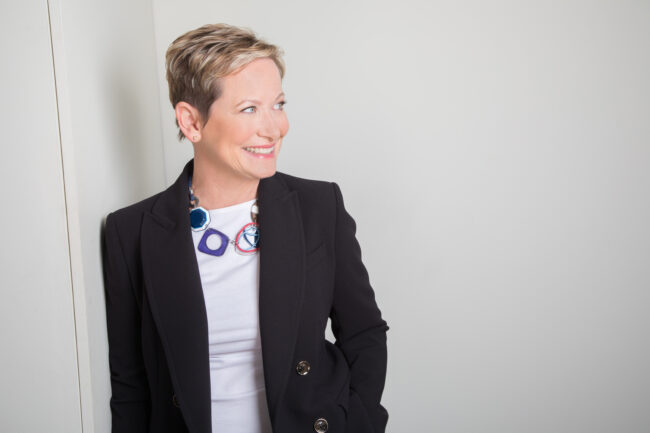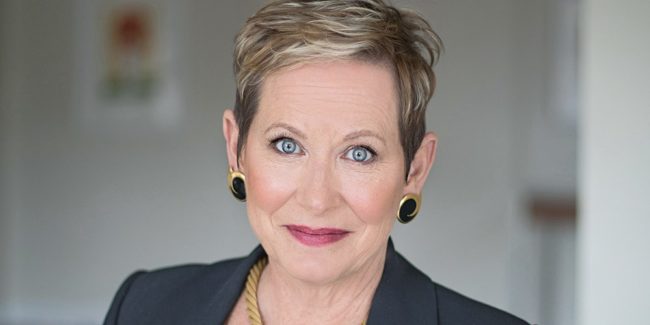AgencyNXD Interview
In this interview with AgencyNXD, I talk about acting as a Non-Executive Director, my entrepreneurial journey, how I got support and advice as the agency scaled, and planning for an exit.
First published in Ask our non-execs: Susan Hallam by Nick Jaspan.
How did you start your journey in the marcomms world, what did you do before setting up your digital marketing agency Hallam
My experience working on the Internet started way back in 1983.
Most people don’t realise the Internet was a thing then, well before the advent of the world wide web and Google. I was an early player in the data management field, and in hindsight I was enough of a risk taker to just “say yes” to what became transformational digital opportunities. Before I set up Hallam I was a Senior Lecturer in Computing at NTU, and also had senior leadership roles in telecommunications and banking. I think that combination of academic and blue chip experience set me up well for the entrepreneurial journey that followed.
You worked for and learnt from others before deciding to ‘do your own thing’ – what was or were the factors that compelled you to want to have a go for yourself
It’s surprising how many successful businesses consist of just their founders for a number of years, and then over time the business takes off and achieves that hockey stick growth. I set up on my own because I genuinely had a passion for digital marketing and wanted the freedom to do my own thing.
I was a “one man band” for 10 years before Hallam’s growth took off, eventually employing 70 people and being named one of Google’s top performing agencies in EMEA.
Running a business can be lonely. How did you reach out for advice when you felt it could be useful
I agree running a business can be lonely – particularly as a woman business founder in a technical profession where women hold less than 25% of the leadership roles.
I actively sought out a range of leadership development programmes that connected me with other business owners who gave me advice and provided a much needed sounding board. I am still in touch with some of those other business owners today, even after having exited my company.
Did you always plan to sell your agency and why ultimately did you decide to sell to the management
I have to confess when I was a kid I never once thought “I want to be an entrepreneur when I grow up.” Like many agency founders, time passed and after years of hard work I woke up one morning and found myself leading a big company. Most successful agency owners have M&A companies sniffing around them, and we were no different.
After assessing offers from international buyers and exploring other options with our excellent business advisors, we agreed an MBO was the best way forward. The MBO kept our outstanding leadership team motivated, gave me the cash I wanted, and most importantly retained Hallam’s company culture and unique market position.
Building, managing and ultimately exiting an agency requires several different skill-sets. What advice can you share with ambitious marcomms bosses who also seek to grow and sell their businesses
I think there are two things that help agency owners to scale up a business. First, you need your “North Star” – that overarching vision of what you do, and what you value, your passion, and where you are going. You can’t fake being an expert, you can’t fake integrity, and that North Star will make you the leader you need to be to grow and sell.
And the second secret to scaling your business is to focus on your people. Notice I didn’t say focus on the money. If you focus on your people, financial success will follow. So take good care of your people, and nurture and develop them.
Your skills span start-ups, sales, strategy, scaling up and leadership development – what sort of businesses/bosses are you most interested in advising?
I am interested in advising people who have the same passion, the same commitment, and the same energy I had when I was growing and ultimately selling my own business. I made more than my fair share of mistakes along the way,and I enjoy working with individuals who have the resilience to pick themself up and brush themselves off when they hit a bump in the road.





